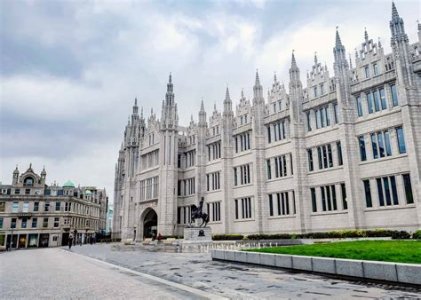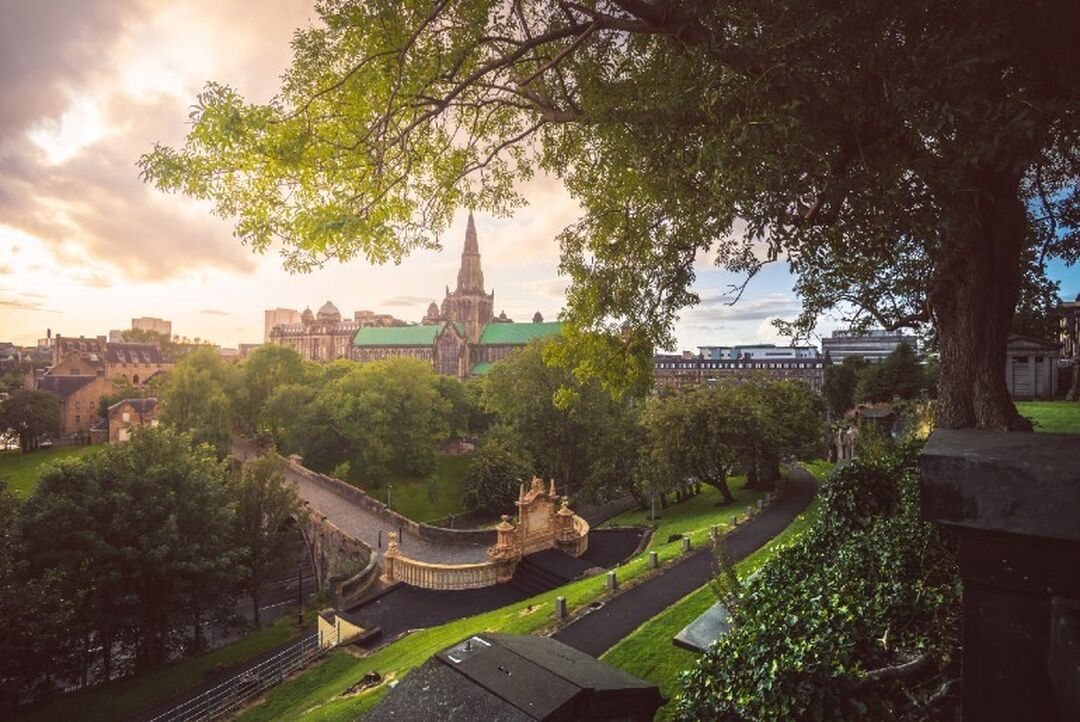Bretrick
Well-known Member
- Location
- Perth Western Australia
Taken from Britannica.com
New York - The Big Apple
It began in the 1920s when a sports wrote a column for the New York Morning Telegraph about the many horse races and racecourses in and around New York.
He referred to the substantial prizes to be won as “the big apple,” symbolizing the biggest and best one can achieve.
Geneva - the Peace Capital
Geneva, the second most populous city in Switzerland, is a city known for its diplomacy.
Geneva is not only home to the European headquarters for the United Nations but also where international organizations, such as the Red Cross, were founded and where the Geneva Conventions, a series of treaties for ameliorating the effects of war on soldiers and civilians, were signed.
It seems fitting, then, that Geneva is known as “the Peace Capital.”
Toronto - Muddy York
The name refers to a time in Toronto’s history when there was no drainage system or sewers—meaning the “muddy” part of the name was quite literal. The “York” part actually goes back to when Toronto was first colonized, and its name was “Town of York” to honor Prince Frederick, duke of York.
Now, the nickname “Muddy York” represents the early years of this Canadian city.
Ushuaia - the End of the World
Ushuaia, a city in the Patagonia region of Argentina that is commonly regarded as the southernmost city in the world, earning it the nickname “El Fin del Mundo” (“the End of the World”).
Las Vegas - Sin City
Over 40 million people visit Las Vegas each year to indulge in its gambling, drinking, and dazzling shows.
Some people even venture outside the city to visit Nevada’s legally operated brothels—or indulge illegally within the city limits.
Las Vegas is also a top wedding destination, both for preplanned weddings and more on-the-fly affairs.
It’s no surprise that this city, where many vices can be indulged, is called “Sin City”—because “what happens in Vegas stays in Vegas.”
Mumbai - the City of Dreams
Mumbai is not only the financial hub of India but also the home of Bollywood, one of the most popular Indian movie industries, making this city a particularly appealing place to move to.
The opportunities here are endless, which is why Mumbai is often referred to as “the City of Dreams.”
Sydney - Harbour City
Located on the southeastern coast of Australia, Sydney is a city that takes advantage of its location.
Once a major port city, Sydney is sometimes called “Harbour City,” in honor of this prime real estate.
People enjoy hitting the beach to go surfing or snorkeling, and one of the most recognizable buildings, the Sydney Opera House, is right on the harbor!
Cairo - the City of a Thousand Minarets
Cairo is known for having a wealth of Islamic architecture, which is why you might hear it being called “the City of a Thousand Minarets.”
Minarets have a unique role in Islam, as they are traditionally the towers from which Muslims are called to prayer five times each day.
Paris - the City of Love
Whether it’s because French is considered the “language of love” or because of the romantic walks along the Seine River, Paris has distinguished itself as the “City of Love.”
Paris has long attracted those with labours of love, such as writers and artists.
Love can be found everywhere, from its cozy cafés to the Arts bridge, to which couples in the early 2000s attached padlocks to demonstrate their commitment to one another.
New York - The Big Apple
It began in the 1920s when a sports wrote a column for the New York Morning Telegraph about the many horse races and racecourses in and around New York.
He referred to the substantial prizes to be won as “the big apple,” symbolizing the biggest and best one can achieve.
Geneva - the Peace Capital
Geneva, the second most populous city in Switzerland, is a city known for its diplomacy.
Geneva is not only home to the European headquarters for the United Nations but also where international organizations, such as the Red Cross, were founded and where the Geneva Conventions, a series of treaties for ameliorating the effects of war on soldiers and civilians, were signed.
It seems fitting, then, that Geneva is known as “the Peace Capital.”
Toronto - Muddy York
The name refers to a time in Toronto’s history when there was no drainage system or sewers—meaning the “muddy” part of the name was quite literal. The “York” part actually goes back to when Toronto was first colonized, and its name was “Town of York” to honor Prince Frederick, duke of York.
Now, the nickname “Muddy York” represents the early years of this Canadian city.
Ushuaia - the End of the World
Ushuaia, a city in the Patagonia region of Argentina that is commonly regarded as the southernmost city in the world, earning it the nickname “El Fin del Mundo” (“the End of the World”).
Las Vegas - Sin City
Over 40 million people visit Las Vegas each year to indulge in its gambling, drinking, and dazzling shows.
Some people even venture outside the city to visit Nevada’s legally operated brothels—or indulge illegally within the city limits.
Las Vegas is also a top wedding destination, both for preplanned weddings and more on-the-fly affairs.
It’s no surprise that this city, where many vices can be indulged, is called “Sin City”—because “what happens in Vegas stays in Vegas.”
Mumbai - the City of Dreams
Mumbai is not only the financial hub of India but also the home of Bollywood, one of the most popular Indian movie industries, making this city a particularly appealing place to move to.
The opportunities here are endless, which is why Mumbai is often referred to as “the City of Dreams.”
Sydney - Harbour City
Located on the southeastern coast of Australia, Sydney is a city that takes advantage of its location.
Once a major port city, Sydney is sometimes called “Harbour City,” in honor of this prime real estate.
People enjoy hitting the beach to go surfing or snorkeling, and one of the most recognizable buildings, the Sydney Opera House, is right on the harbor!
Cairo - the City of a Thousand Minarets
Cairo is known for having a wealth of Islamic architecture, which is why you might hear it being called “the City of a Thousand Minarets.”
Minarets have a unique role in Islam, as they are traditionally the towers from which Muslims are called to prayer five times each day.
Paris - the City of Love
Whether it’s because French is considered the “language of love” or because of the romantic walks along the Seine River, Paris has distinguished itself as the “City of Love.”
Paris has long attracted those with labours of love, such as writers and artists.
Love can be found everywhere, from its cozy cafés to the Arts bridge, to which couples in the early 2000s attached padlocks to demonstrate their commitment to one another.





